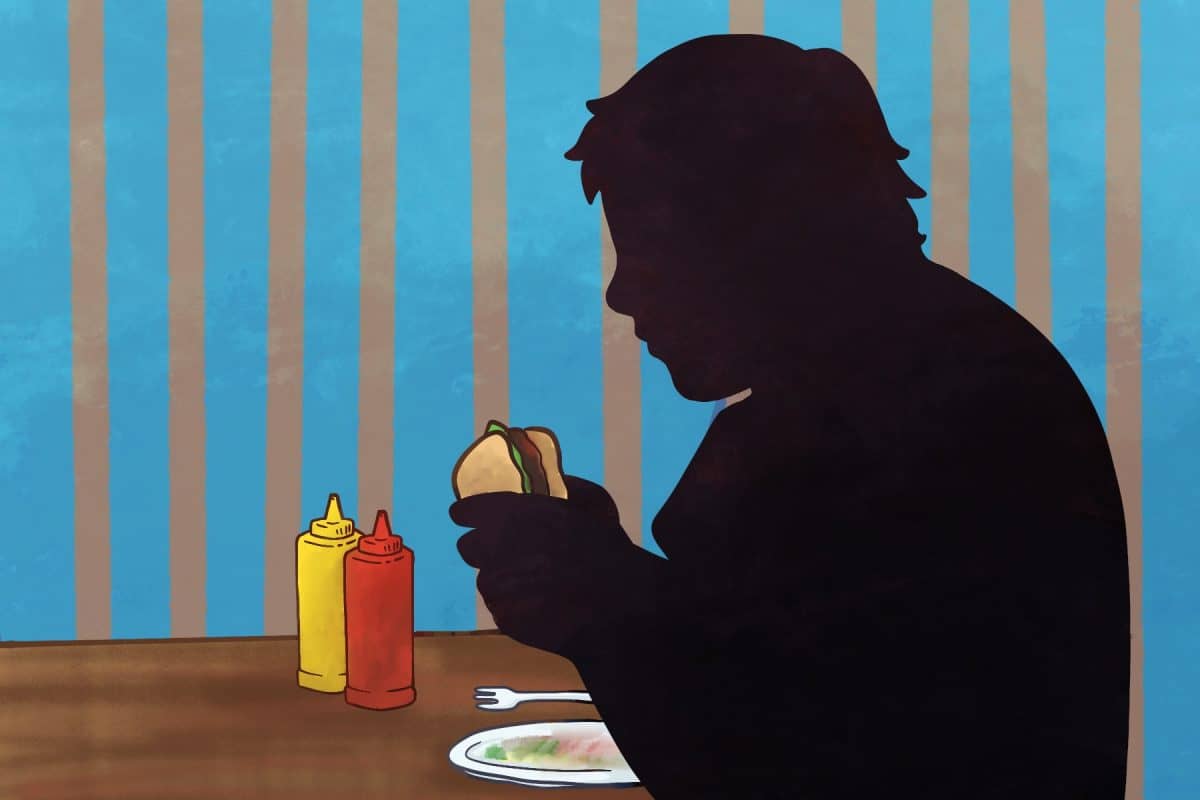
CW / Shelby West
Nicholas Perry, known on YouTube as Nikocado Avocado, is a controversial Ukrainian-born American content creator known for making “mukbang” content. Mukbangs are videos of people consuming food while engaging with an audience.
What makes a typical mukbang appealing to viewers is the amount of food the host consumes. There are varying opinions on mukbang culture; some viewers of this type of content call it satisfying, while others discourage the engagement with mukbang influencers due to the danger of consuming too much food.
Recently, the former plus-sized influencer published a video on YouTube where he appeared to have lost a significant amount of weight, raising concern for his health and causing his audience to question his motives.
When Nikocado Avocado revealed that he had lost a recorded 250 pounds, he described the entire endeavor as a “social experiment.” In an interview with the New York Times, he said the videos his audience had been watching over the past two years, where he appeared to still be plus-sized, had all been pre-recorded while he was losing weight behind the scenes.
“While everybody pointed and laughed at me for over-consuming, I was in total control the entire time. In reality, people become completely absorbed with internet personalities and obsessively watch their content,” Perry said in the interview. “That is where there’s a deeper level of over-consuming lies, and it’s the parallel I wanted to make.”
Perry has been accused of exploiting his weight loss journey to fuel a need for likes and clicks, which raises a deeper question about the motivations behind sharing such intimate experiences in a digital space.
“A lot of what drives people on social media is a need for social acceptance,’’ said Allison Davis, professor of psychology. “If I was treating this guy in therapy, firstly I would ask him why he’s putting all of this out there. If he’s being judged no matter what direction he takes, why is he putting this content out there to be judged?”
Since Perry’s YouTube video “Two Steps Ahead,” there have been several conversations surrounding the nature of Perry’s deception. He has been accused by multiple online commentators of exploiting overeating for attention on social media, and in turn, negatively influencing people’s perception of reality.
“Even if Perry was trying to make a point about people being terrible fat shamers, he played a character that perpetuated stereotypes about fat people being gluttonous, lazy, and immoral,” Ariane Prohaska, professor of sociology, wrote in an email. “These stereotypes obscure the fact that so much of our body size is genetic, that fatness does not have to equal unhealthiness.”
